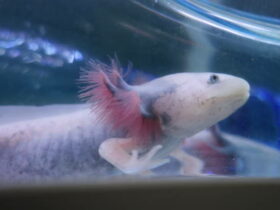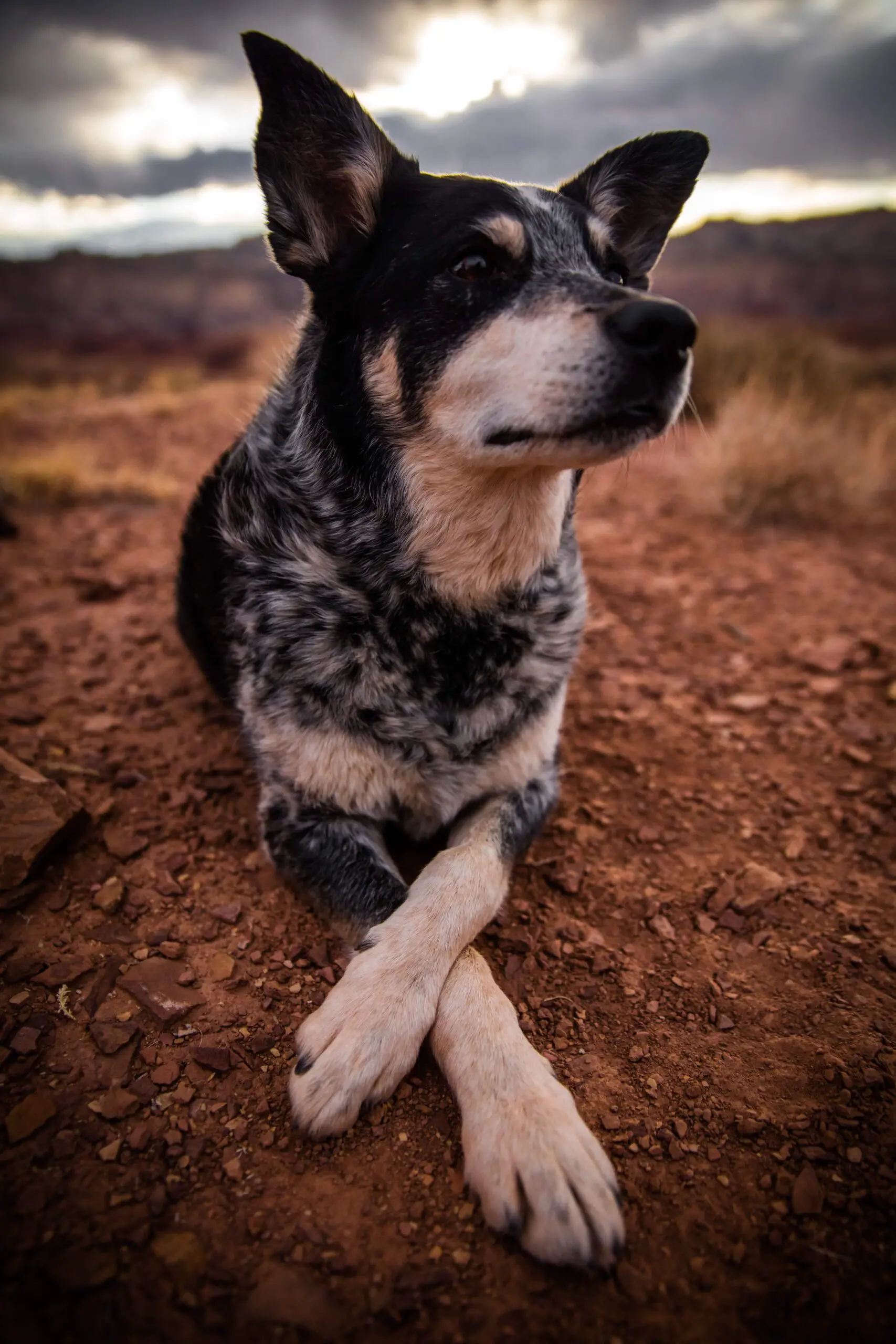![Can Shelties Be Left Alone? [Veterinary Advice] 1 Do Shelties Like To Play Fetch?](https://adoptanim.com/wp-content/uploads/2023/02/dog-1002024_1280-min.jpg)
Contents
Can Shelties Be Left Alone? – Introduction
![Can Shelties Be Left Alone? [Veterinary Advice] 2 Can Shelties Be Left Alone?](https://adoptanim.com/wp-content/uploads/2023/02/dog-1023009_1280-min-1024x682.jpg)
Shelties are beautiful dogs, but they can be challenging to care for. They’re always looking for attention, and being left alone occasionally is one way to let them know you’re available if they want some company. However, if your Sheltie is a loner, he might not enjoy being left alone all day—so how do you know if it’s OK?
8 Things Only Sheltie Dog Owners Understand: https://m.youtube.com/watch?v=XdUqG965tOk
The answer to this question depends on what kind of Sheltie you have.
Some Shelties are more social than others. Some are more active, some are more independent, and so on. Different kinds of dogs fall into each category–some people prefer a highly active breed, while others prefer a low-key companion (or both).
Many factors go into deciding if your dog is ready to be left alone: how much energy do they have? Do they tend towards separation anxiety like many other breeds? What kind of personality do they have? How amenable is their temperament overall–do they get along well with other animals or children, for example?
If you’ve decided the time has come for your puppy’s first solo adventure away from home, give yourself enough time before leaving her alone overnight! It can take up to three days before she feels comfortable being left alone, so take your time with things by leaving her in an unfamiliar place and giving them adequate preparation beforehand.
If your Sheltie is a loner, he will probably be happy with staying alone.
If you have other dogs in the house and they’re not a problem, your Sheltie might get along fine without them.
If your Sheltie is an only dog, he may bark at the door when it opens and continues until you shut it again. He may also bark at other dogs who come into view (even if these dogs aren’t threatening). He could also chew on furniture or other objects around him–for example, destroying their wooden legs or scratching up their walls. If these behaviors become problematic for everyone involved (such as if neighbors complain about damage), talk to your vet about doing something about them before things get out of hand!
![Can Shelties Be Left Alone? [Veterinary Advice] 3 Can Shelties Be Left Alone?](https://adoptanim.com/wp-content/uploads/2023/02/dog-2814754_1920-min-1024x683.jpg)
It’s essential to recognize the signs that your Sheltie needs time alone.
Signs of loneliness: The most obvious sign that your Sheltie needs time alone is when he becomes restless, pacing and whining. He may also begin to bark at night or during the day if he needs more human interaction.
Signs of depression: You might notice a change in your dog’s behavior if you have a dog who has been alone for some time. This could include increased aggression or anxiety-related symptoms such as barking nonstop or hiding outside if left alone for too long (this behavior is called “rapid decompensation”).
Signs of anxiety: Any unexplained crying fits indicate that your pup might be experiencing severe stress from being left alone too often–and it’s best not to leave him there! If you find yourself in this situation again after another failed attempt at leaving him at home without supervision, then make sure you take extra precautions next time. Hence, not only to prevent further accidents but also avoid any injury caused by these types of injuries should one occur again later.
These signs include loss of appetite and inactivity.
If your Sheltie is losing weight and showing signs of lethargy, it could be a sign that she needs some space. This can be especially true if she has recently been adopted or moved into a new home. It’s important to note that lethargy isn’t always bad; sometimes, dogs must rest and relax (for example, if they travel long distances). if you notice any of the following signs:
Lack of appetite
Inactivity (your dog doesn’t want to get up) You should take this seriously because lethargy could mean something serious that needs immediate attention.
If you notice these signs, take them seriously and give your Sheltie space for a few hours daily. Your vet can tell you whether or not it’s safe for your dog to be left alone during this period. If they recommend, you leave him alone for a short period, follow their advice!
Suppose your Sheltie is an older dog with some health problems (for example, arthritis). In that case, it may be best to get some extra TLC around the clock from their human family members and have plenty of exercise outside every day–especially when cold weather comes around.
You can leave your Sheltie at home all day if you want, but it’s best to give him food and water as soon as possible when you know he will be alone for a while. If any of these signs are present:
- He doesn’t eat or drink more than usual.
- He eats slowly and strolls around with his head down.
- He doesn’t chew on anything he finds interesting (for example, sticks).
These are signs that something is wrong with your dog–and they should not be ignored! Take them seriously as soon as possible so that you don’t have an emergency on your hands later down the road.
It all depends on how much time you will spend with your dog!
How much time you will spend with your dog depends on your lifestyle and what is important to you. If you have a busy schedule and cannot devote too many hours to playing with or caring for her, leaving her alone when she needs some time away from home may be necessary.
However, if it’s possible for someone else in the family who lives nearby, then leaving Sheltie alone at home may not be such a big deal after all!
![Can Shelties Be Left Alone? [Veterinary Advice] 4 Can Shelties Be Left Alone?](https://adoptanim.com/wp-content/uploads/2023/02/dog-1007598_1280-min-1024x682.jpg)
Conclusion
If you follow these tips, your Sheltie should be able to spend time alone without any problems. The most important thing is ensuring they get enough food and water. If you notice any signs that your Sheltie needs some alone time, take them seriously!
More Links :
My Dog follows me everywhere: Here are 9 amazing reasons why: https://adoptanim.com/why-my-dog-follows-me-everywhere/








Leave a Reply